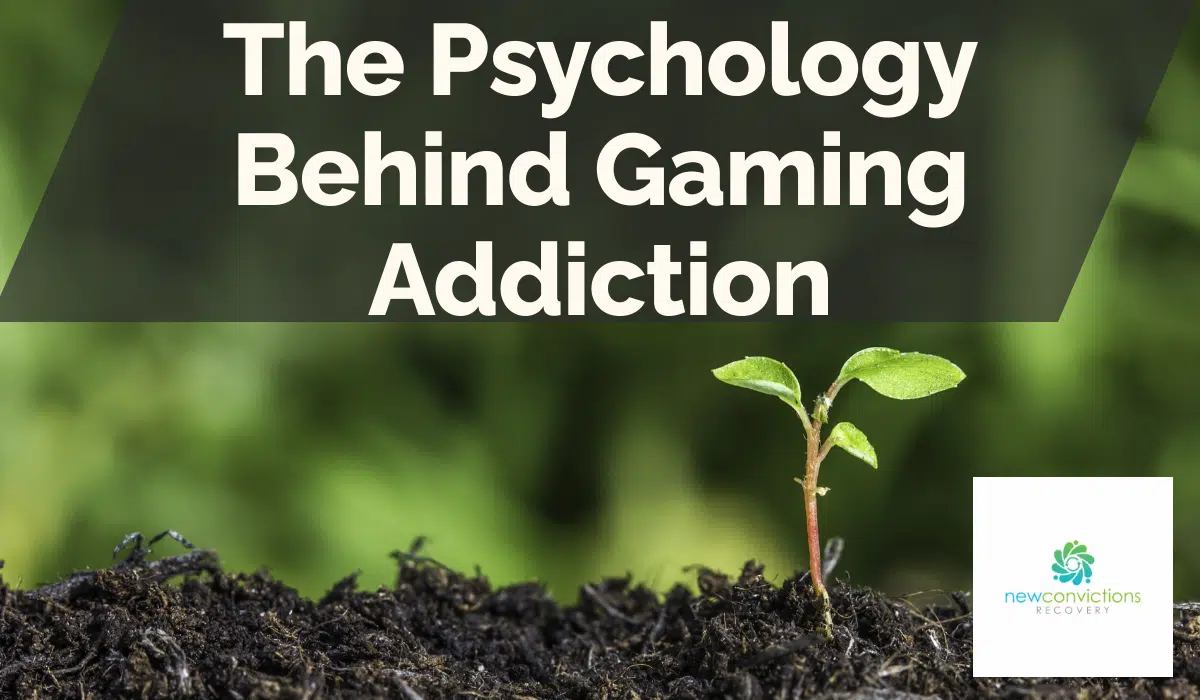Gaming Addiction is becoming more prevalent, especially among young people. As entertainment technologies evolve, so does the potential for their misuse. Similar to other forms of addiction, like drugs and alcohol, gaming addiction offers an escape from reality. Yet, it’s essential to comprehend that it’s more than merely playing excessive video games. It’s about the psychological factors driving this compulsive behavior, the effects it has on individuals, and ways therapy can help combat this issue.
The Psychology of Gaming Addiction
According to the American Psychological Association, gaming addiction is categorized as a behavioral health disorder similar to gambling. It refers to an individual’s inability to control their gaming habits, leading to detrimental impacts on various life aspects, including social, personal, and professional.
Why is Gaming Addictive?
Video games are engineered to be engaging and fun, encompassing rewards systems that trigger dopamine release, a neurotransmitter that signals pleasure and reward. This rush of dopamine may lead individuals to continually seek that euphoric feeling, culminating in a cycle of addiction.
- Escape from Reality: Video games offer an alternate universe where gamers can assume different identities and enact fantasies carte blanche.
- Progress and Achievement: Most video games are designed with levels, goals, and achievements that provide players with a sense of progress and accomplishment.
Effects of Gaming Addiction
Gaming addiction can lead to both physical and psychological health concerns.
- Physical Health: Excessive gaming can lead to sedentary lifestyles, which contribute to obesity, poor posture, and vision problems.
- Mental Health: As gaming addicts tend to isolate themselves from the outside world, they may develop social anxiety and depression.
Therapeutic Approaches to Gaming Addiction
Individual Counseling
Professional counseling formalizes a safe space for game addicts to explore and comprehend their addiction’s underlying factors. It’s focused on empowering them to control their gaming activities better, replace unhealthy habits with beneficial ones, and improve their coping mechanisms.
Family Therapy
As addiction affects not only the individual but also their family, family therapy is a significant aspect of gaming addiction treatment. A family therapist can help improve communication, establish boundaries, and foster understanding amongst family members about the nature of addiction.
Conclusion
Understanding the psychology behind gaming addiction is crucial to effective intervention and therapy. By recognizing the potential triggers and consequences of excessive gaming, it’s possible to tackle this contemporary issue more successfully. Individual counseling and family therapy can offer promising strategies to return control to the hands of the gamer and their family, promoting healthier gaming habits and lifestyles.

